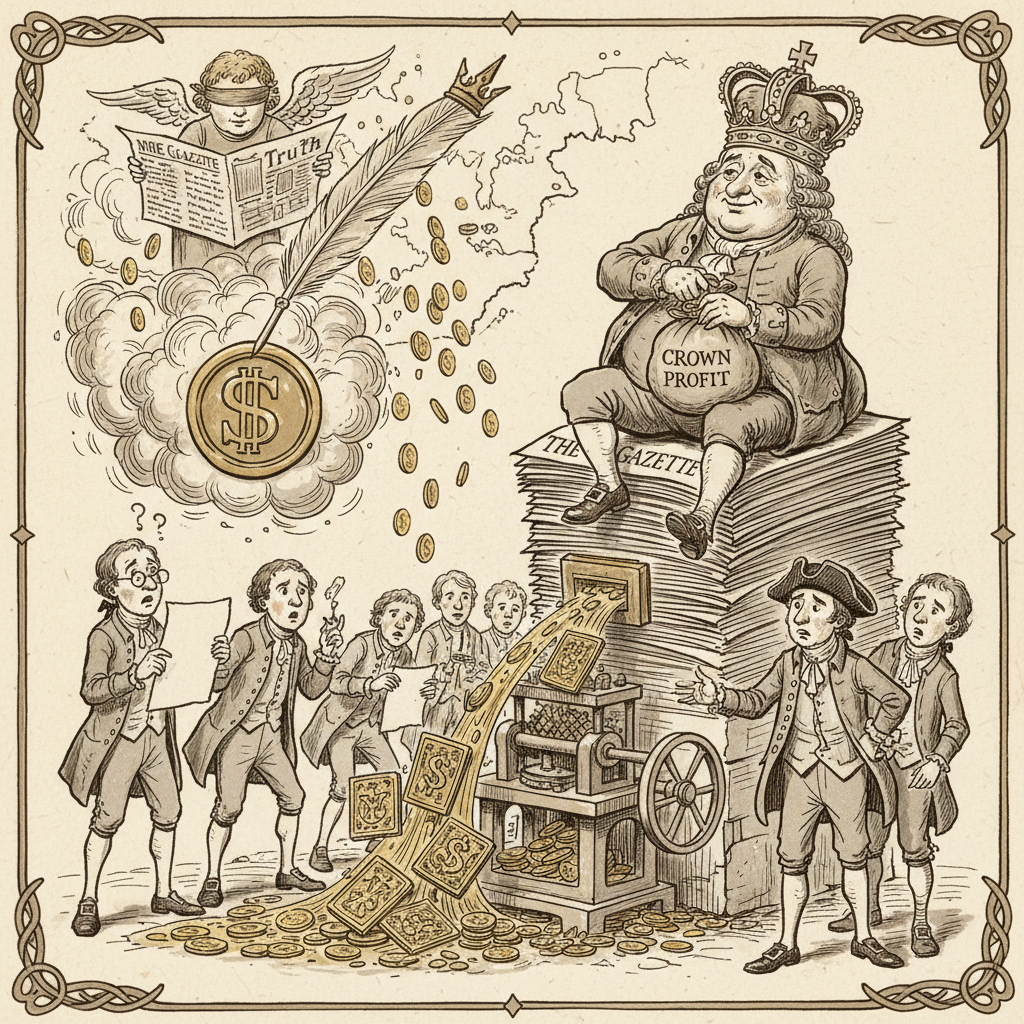The recent legislative deadlock, culminating in a critical Senate vote to end a government shutdown, presented an unsettling twist: the official details were held exclusively behind a digital subscription barrier.
Details:
- Congressional proceedings on a vital appropriations bill remained obscured to the average citizen, with specific voting records for Senate Democrats available only to paid subscribers of a major news platform.
- This withholding of basic governmental transparency for profit mirrors the Stamp Act of 1765, which levied a direct tax on printed materials, including legal documents and newspapers, essential for public discourse.
- The expectation that citizens should pay for insight into the actions of their elected representatives on a matter of national import subtly reconfigures the public's relationship with its own governance.
Why it Matters:
The monetization of crucial public information, especially on legislative actions, directly echoes grievances that fueled the American Revolution. Requiring citizens to purchase insight into their governors' conduct represents a chilling regression, where consent is curtailed by commerce. As John Dickinson presciently noted in his "_Letters from a Farmer in Pennsylvania_," a free society's health rests on its citizens' ability to understand and consent to their governance. This normalizes democracy's mechanics as a premium service, not a right. When transparency becomes a commodity, informed civic participation atrophies, disenfranchising citizens through economic exclusion.
